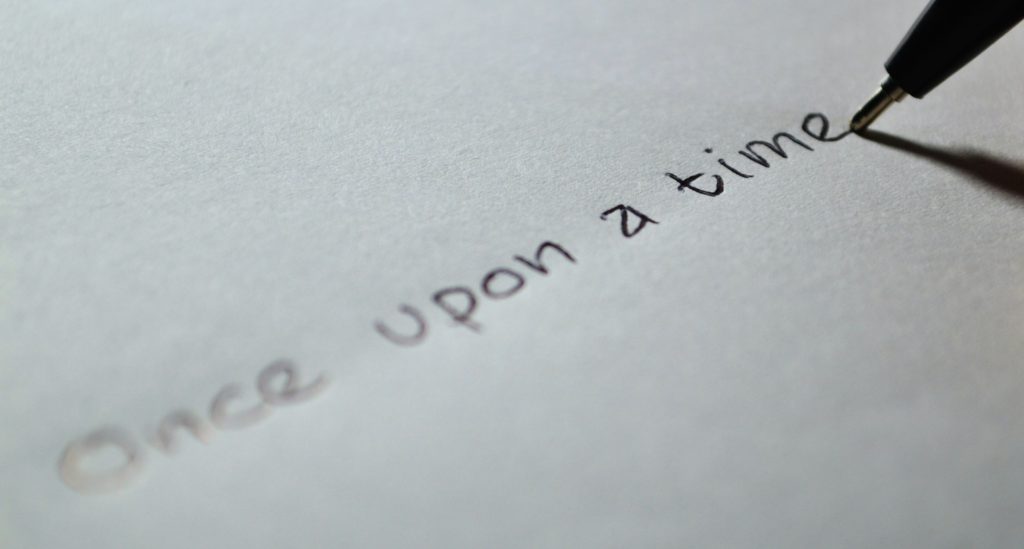I’ve often talked about patience and “less is more” in my posts. I’ve also often referred to the importance of subtlety and ambiguity, rather than over-explaining. Restraint in writing is part of this grand concept, and it basically refers to keeping your authorial eagerness in check.
To exercise restraint while writing means to understand narrative journeys. Exercising restraint and subtlety means to resist divine authorial intervention: If a certain outcome, way out, or solution is unlikely to happen in real life, then it’s twice as unlikely to happen in fiction.
Remember that, although life doesn’t need to make sense, fiction does!
And so, in this post I’ll show you why restraint when writing fiction is important. I’ll also show you ways to find and maintain this restraint. The way can be challenging, but the result will be worth it: You will end up with a narrative that is far more mature, engaging, and rewarding for you and your audience alike.
But, as a first thing, we need to zero in on the concept of restraint. So, let’s begin with some definitions and examples.


